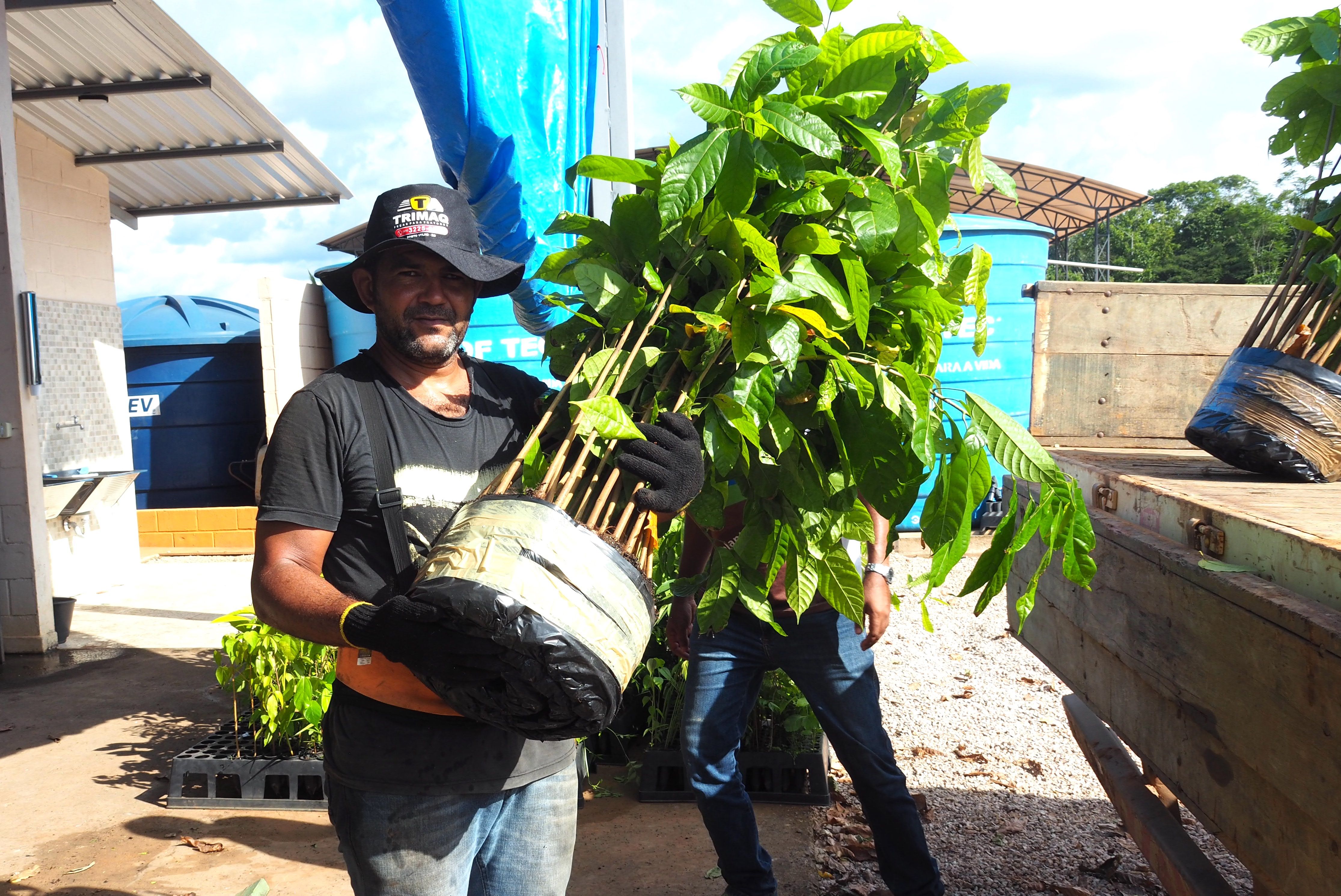
The work that has been undertaken concerns two distinct areas:
- Private plots where trees have been planted in agroforestry since 2019
- A 260-hectare plot within the 90,000-hectare Rio Preto Jacundá protected reserve. The trees that have been introduced there since 2021 in order to provide the inhabitants with natural resources (wood, fruit, etc.),produced in a sustainable way. Within the reserve, the implementation of the project raises hopes from the local population and environmentalists: "In the area, several aspects are still major threats to reforestation projects. The anthropic pressure to exploit wood and set up agrarian systems, highly destructive to nature, is very strong. Therefore, the fact that this project has been on track is very good news," explains Annette Butty, in charge of forestry projects in Latin America.
In Brazil, the state of Rondônia is the 4th most deforested state in Brazil. Located in the "Arc of deforestation", the Amazonian forest is still in danger of disappearing in favour of agricultural land (see pictures below).
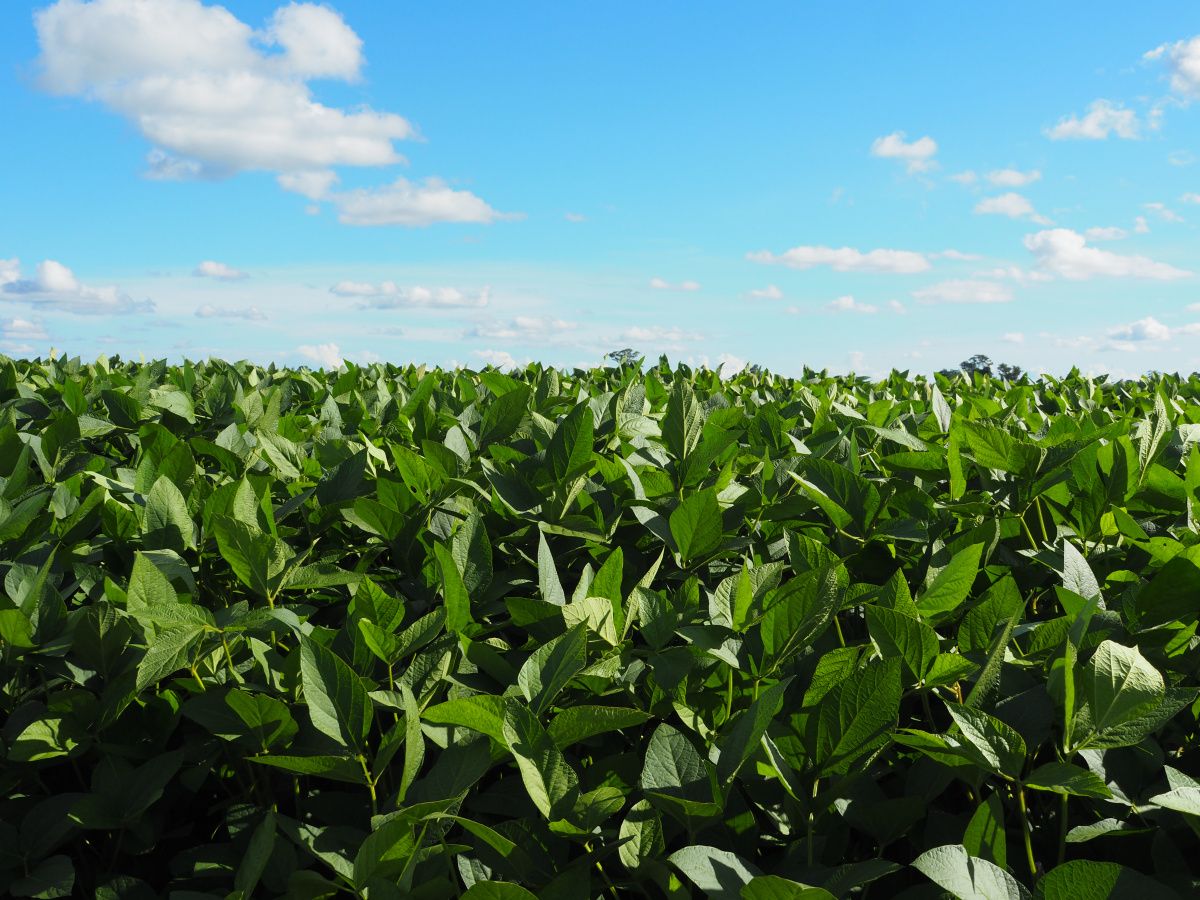
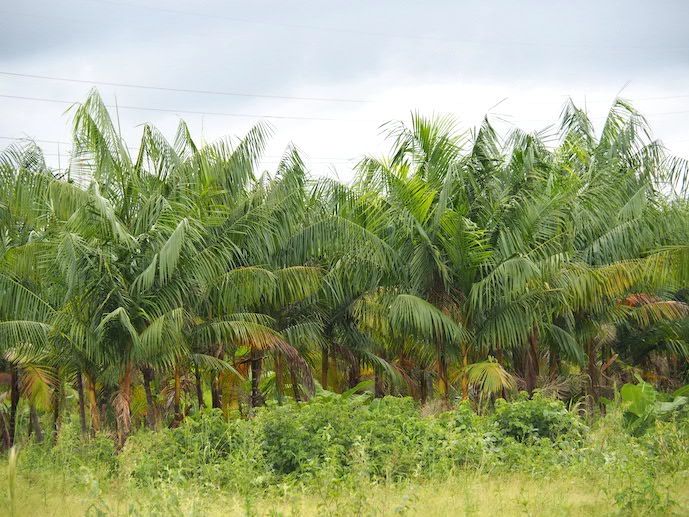
This vast project to restore forest ecosystems and develop edible forests is intended to contribute to the global fight against deforestation while developing alternative means of subsistence for local populations.
On site, the NGO Rioterra produces a variety of seedlings and provides technical support for the restoration project.
Choosing agroforestry to restore the lands’ ecosystem properties
By 2021, 251,000 trees of various species have been introduced on the plots of land concerned by the projects. A necessary approach, due to the prevalence of monospecific plantations of acai, soya and palm trees in this agricultural region.
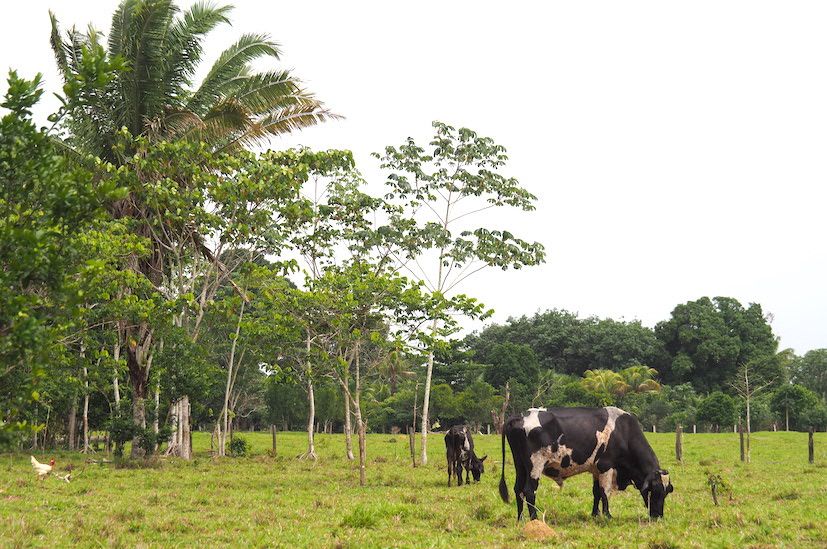
For the owners of these private plots, the introduction of trees in agroforestry will bring, in the long term, multiple environmental benefits: conservation of water resources, slowing of soil erosion, regulation of pollination, etc.
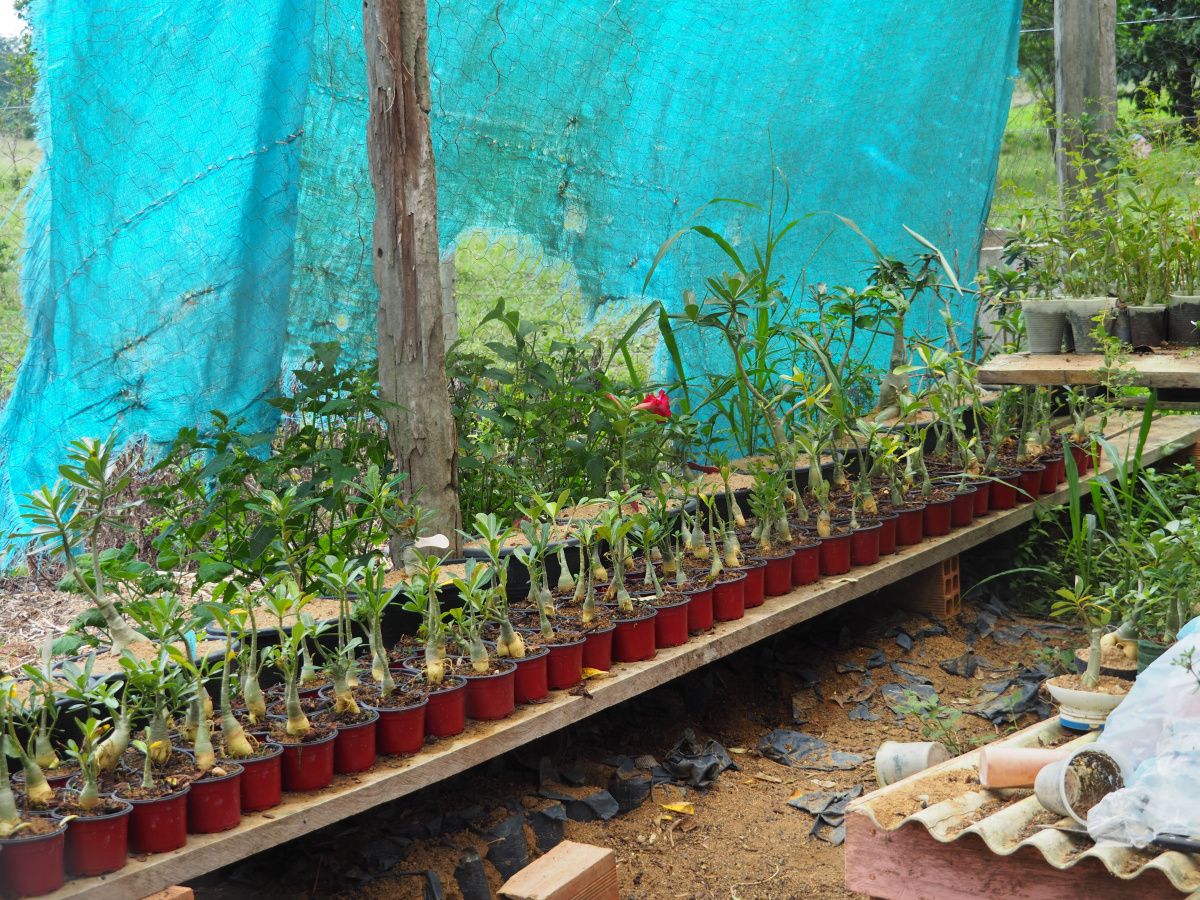
Some encouraging results in the forest reserve
In the Rio Preto Jacundá reserve, the restoration of ecosystems is going well. On this plot of land that has been illegally deforested five years ago to plant grass for cattle feed, the trees introduced during the 2020-2021 season are currently developing well. "The stand is very heterogeneous, but some trees have already reached an amazing height that goes up to 3 meters! This is the particularity of trees growing in the tropics, they grow very fast. A year ago, the ground was still bare. Today, we are optimistic about the stand’s future since natural regeneration is very present. This is due to the discovery, during the preparation work, of a seed bank in the ground, but also to the proximity of the planting area with native trees that disperse their seeds”.
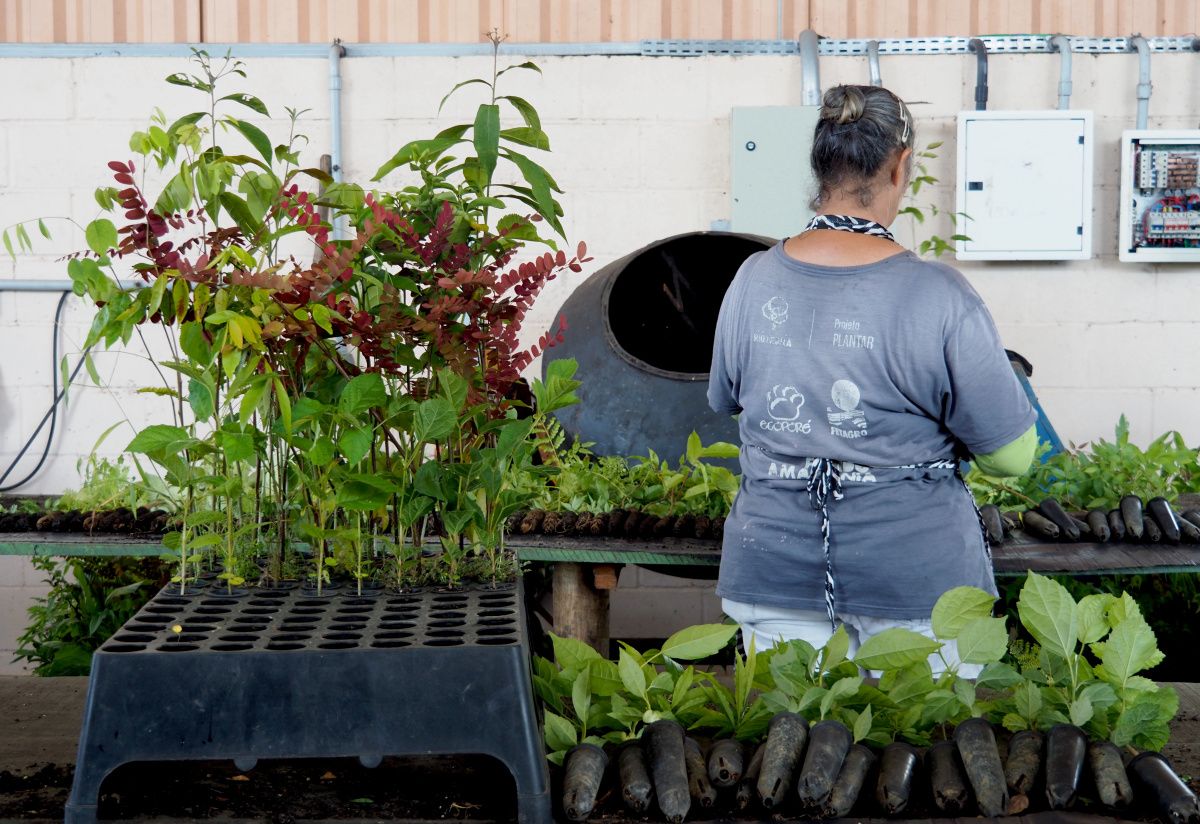
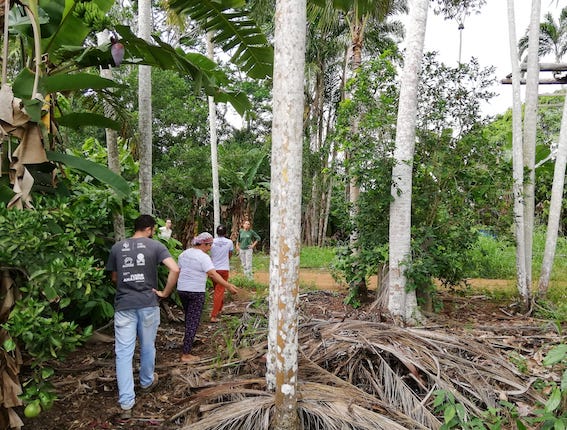
Within the reserve, the project's implementation also gives local communities hope to see better days coming : “The fruits produced (Brazil nuts, jatoba, acai, etc.) by the species planted greatly improve the food and economic livelihoods of the reserve's inhabitants, explains Cowboy, Project supervisor. The oil extracted from some of these fruits can also be used in the production of cosmetics or medicinal products.”
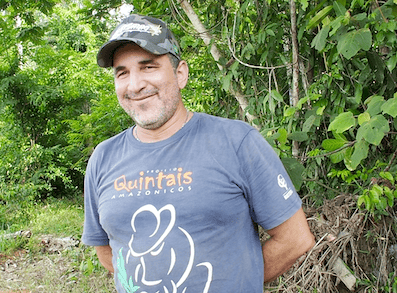
This is good news for this community restoration project, which involves many of the reserve's inhabitants. "The beneficiaries are happy with the progress and encouraging results of the project. Many of them have participated in the work of preparing the soil, planting and maintaining the seedlings, a welcome source of employment. Soon, they hope to earn income from the marketing of forest products", according to Annette.
_“Through the project, we also consider our children and future generations and make sure they get to know the forest as well as the range of species it contains_”, concludes Cowboy.